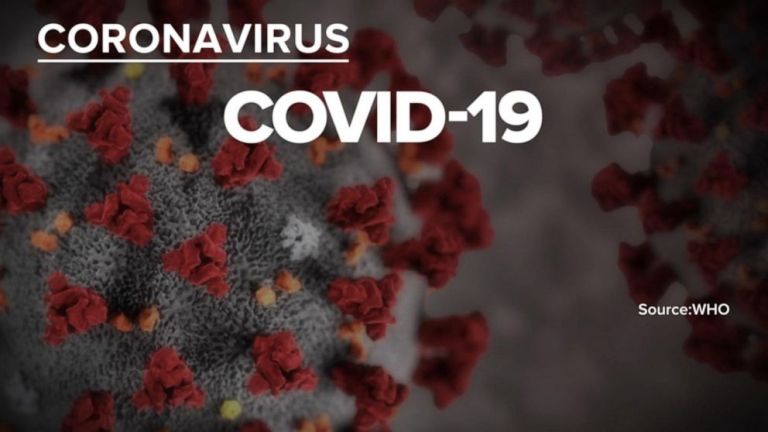progress on HIV, Tuberculosis (TB) and malaria, through disruption to treatment or other interventions, or even supply chains of critical medicines and medical supplies.
To this end, it advised nations to reprogramme savings from existing grants and also redeploy underutilized resources to mitigate the potential negative consequences of COVID-19 on health systems. In a statement on its website, Global Fund,through its Executive Director, Peter Sand, said:”As was the case with Ebola, the Global Fund is committed to a pragmatic and flexible approach in supporting countries in the fight against COVID-19.”
“Our priority is to ensure continuity of lifesaving programs to end HIV, TB and malaria. However, COVID-19 could knock us off track. People infected with HIV, TB and malaria could prove more vulnerable to the new virus given that their immune systems are already under strain”,it added.
According to the organisation,”Experiences from the 2014 Ebola outbreak in West Africa suggests that unless mitigating action is taken, additional deaths from existing diseases such as malaria can be, at least, as high as those from the outbreak itself.” To give countries further flexibility in responding to COVID-19, the Global Fund said it will consider, subject to prior approval of a timebound reprogramming of savings under existing grants up to a limit of five percent of total grant value and/or redeployment of resources procured through existing grants, particularly infrastructure and capacities that become under-utilized because of COVID-19.
It also said that eligible activities include, but are not limited to epidemic preparedness assessment, laboratory testing, sample transportation use of surveillance infrastructure, infection control in health facilities and information campaigns.
The Fund said that, where there are no savings possible in existing grants or in other exceptional circumstances, an existing grant may be re-programmed up to an additional limit of another five percent of its total value, and all response activities must follow World Health Organization (WHO) guidance on COVID-19 preparedness and response.
“Speed is of the essence in confronting COVID-19 and in managing its potential impact on the fight against HIV, TB and malaria. The Global Fund will therefore deploy a fast-track decision making process with a response time of maximum of five working days for COVID-19 related requests for support,” it added.
It however insisted that any use of Global Fund assets for the COVID-19 response must be subject to prior written approval from the Secretariat.
Meanwhile, the Global Fund, had encouraged countries to consider and take prompt action under WHO guidance and particular attention should be given to health worker protection, communication to affected communities, maintenance of essential services, supply chain coordination, early replenishment of stocks, disinfection of assets, and waste management.
The Executive Director however promised that Global Fund will deploy a fast-track decision making process for COVID-19-related requests and also work closely with partners at global, regional and country levels on COVID-19 preparedness and response, ranging from resource mobilisation for Coalition for Epidemic Preparedness Innovation (CEPI), to mobilising the private sector, securing the supply of vital medical products and expediting the development of diagnostics, to support WHO’s overall leadership of the global response.
source: Vanguard

 AN international financing and partnership organization, Global Fund ,has expressed fear that the outbreak of Coronavirus across the world could impede global fight against HIV/AIDS,tuberculosis,malaria among other disease the world was focusing on eradication.
AN international financing and partnership organization, Global Fund ,has expressed fear that the outbreak of Coronavirus across the world could impede global fight against HIV/AIDS,tuberculosis,malaria among other disease the world was focusing on eradication. 




